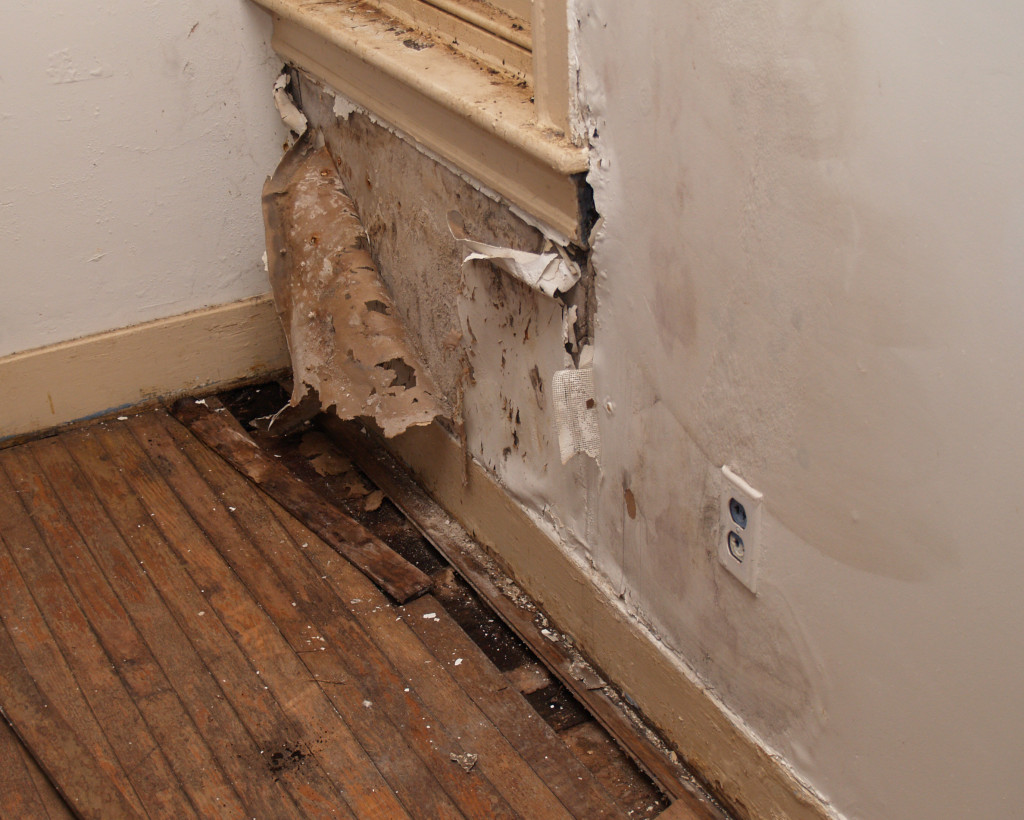- Rental properties lose money through vacancies, property damage, utility costs, unpaid rent, and improper pricing.
- Landlords should market properties effectively and maintain good tenant relationships to minimize vacancies.
- Regular maintenance prevents property damage and reduces repair costs, while energy efficiency measures decrease utility costs.
- Encouraging on-time rent payments and utilizing technology can ensure consistent cash flow and increase efficiency.
- Landlords should stay updated on market trends and evaluate expenses regularly for rental property profitability.
As a landlord, you want your rental properties to generate as much profit as possible. However, there may be hidden ways your properties are losing money. Some landlords are unaware of these hidden expenses, which can significantly impact rental property profits. Here’s a look into the market, how you’re losing money from your properties, and how to reduce your costs.
The Rental Residential Market
The rental residential market is estimated to be worth over two trillion dollars . With such a large market, landlords must understand the trends and potential challenges that may impact their profitability. Some of these factors include:
1. Vacancies
The most apparent way rental properties lose money is through vacancies. The longer you have a vacant property, the more money you lose . To avoid this problem, you should market your property effectively, set a competitive rental price, and maintain a good relationship with your tenants. Also, consider offering incentives such as move-in specials to attract new tenants.

2. Property Damage
When rental properties sustain damage, they can lose money in repair costs and lost rent. To prevent property damage, conduct preventive maintenance regularly and screen potential tenants carefully. Also, ensure adequate insurance coverage, including liability insurance, to protect yourself against costly claims.
3. Utility Costs
With the increase in utility rates, utility costs can increase quickly, especially with inefficient heating and cooling systems. To save money, consider installing energy-efficient appliances or improving the property, such as adding insulation. Additionally, you can incentivize tenants to conserve energy by offering a utility rebate or award. The average rent in the U.K. is around 800 Euros per month , so these savings can add up quickly.
4. Unpaid Rent
Unpaid rent is another way rental properties can lose money. To prevent this, you can collect a security deposit and perform a thorough screening of tenants to help ensure they have a stable source of income . You can also work with tenants to create a payment plan or consider offering flexible rent payment options.
5. Improper Pricing
If your rental property is not priced accurately, you may not earn the income you should. To help ensure you are pricing your rentals appropriately, research the local rental market to see what other landlords charge for similar properties. Additionally, consider the features of your property, such as location, size, and amenities, when determining a reasonable rental price.
Ways to Reduce Costs
Now that we have discussed how rental properties can lose money let’s explore ways to reduce costs and increase profitability.
1. Regular Maintenance and Repairs
Preventive maintenance is crucial to preserving your property and preventing costly repairs in the future. Creating a regular maintenance schedule allows you to identify potential issues before they become more significant problems, saving you time and money in the long run.

2. Renegotiate Contracts
Re-evaluating contracts with service providers such as landscapers, maintenance workers, or suppliers can potentially save you money on your expenses. Consider negotiating for better rates or switching to more affordable options if possible.
3. Implement Energy-Efficient Measures
As mentioned earlier, implementing energy-efficient measures can significantly reduce utility costs. These include upgrading to energy-efficient appliances, improving insulation, and installing low-flow fixtures. Additionally, you should consider getting a reliable domestic EPC . This will give you a clear energy performance rating, letting you know how much energy your property consumes and what measures can be taken to improve energy efficiency.
4. Offer Incentives for On-Time Rent Payments
Encouraging on-time rent payments through incentives such as discounts or rewards can help ensure a more consistent cash flow and minimize the risk of unpaid rent.
5. Utilize Technology
Utilizing technology such as property management software can help streamline processes, reduce administrative costs, and increase efficiency. Additionally, online platforms for rental listings and tenant screening can save you time and money in the long run.
Understanding the rental residential market and identifying potential cost-saving measures is crucial to increasing profitability for landlords. By implementing these strategies, you can minimize losses and maximize profits for your rental properties. Remember to stay updated on market trends and continuously evaluate your expenses to ensure you make the most of your investment.
